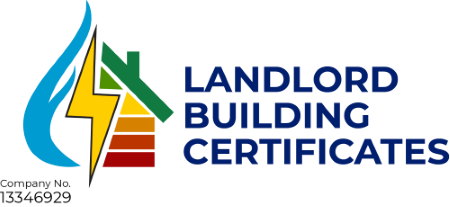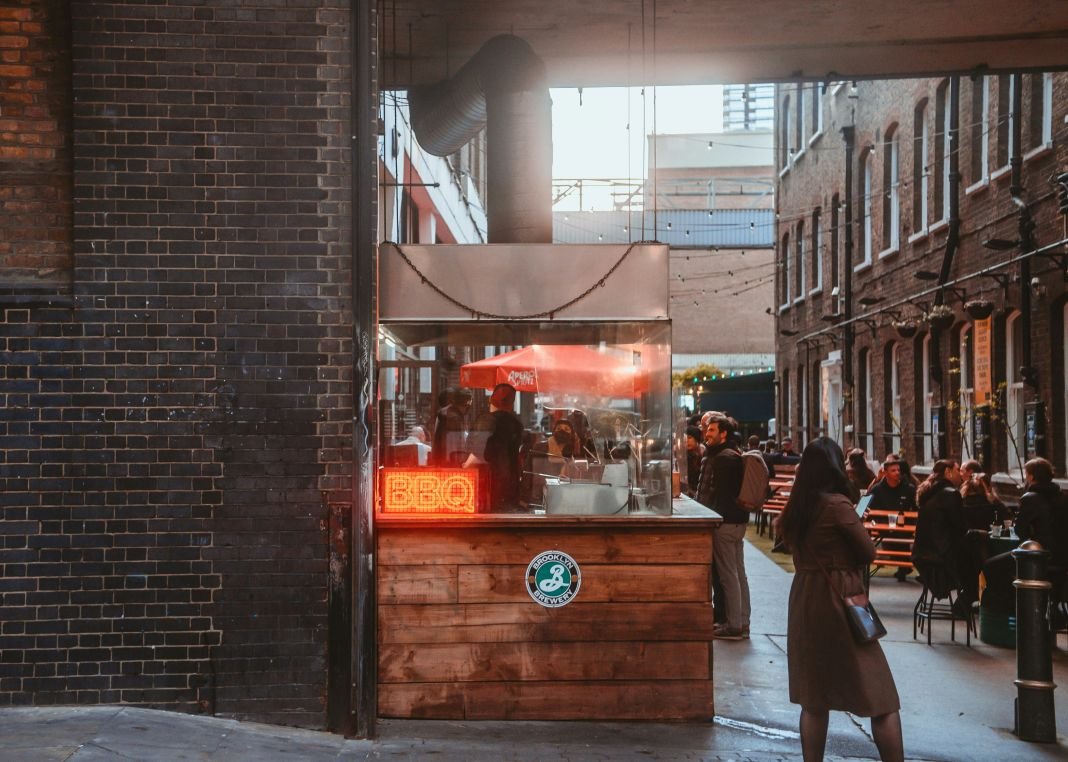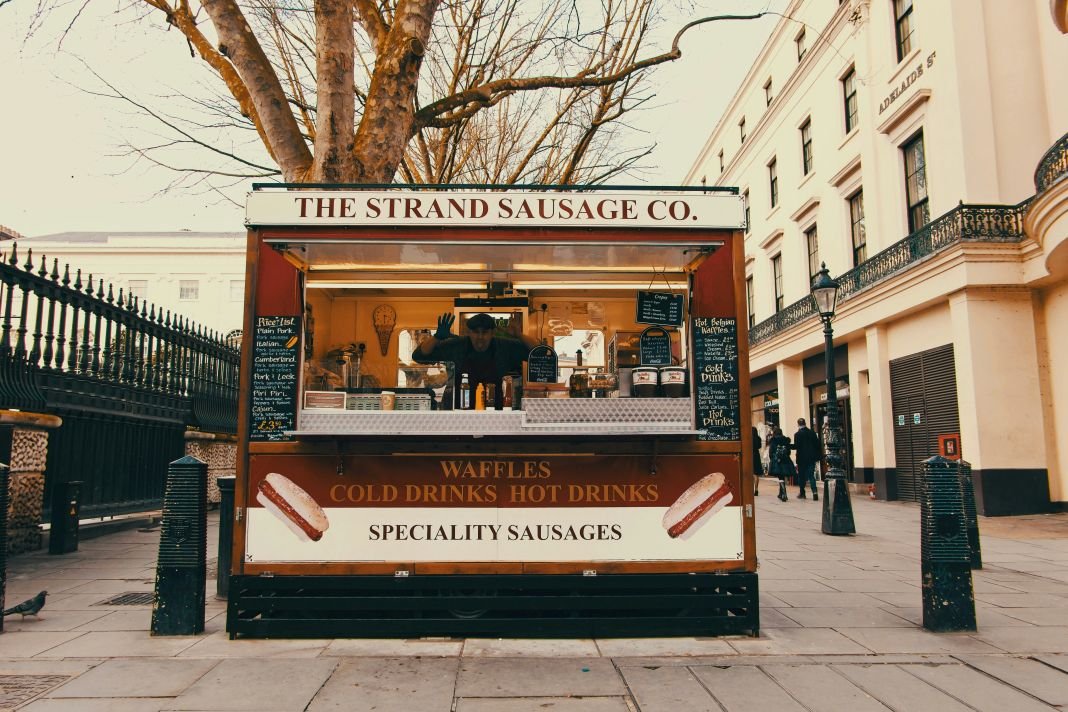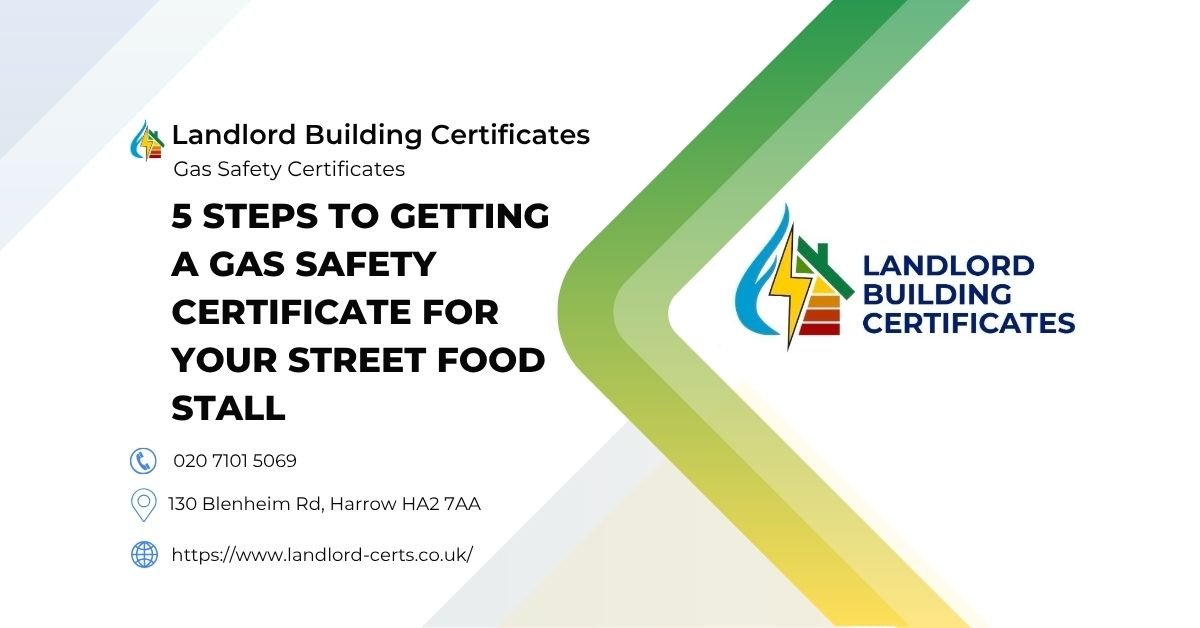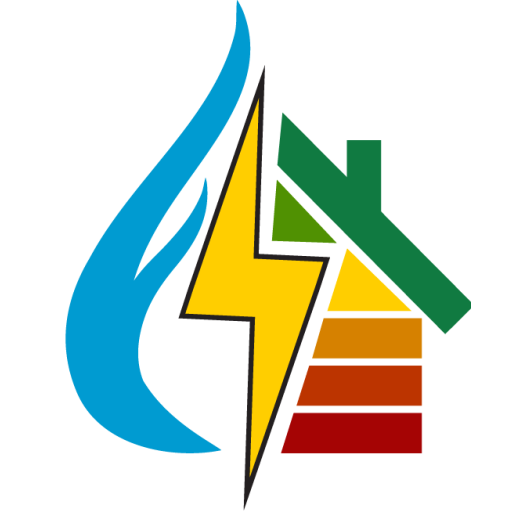What is a CP44 gas safety certificate and why does your street food stall need one?
A CP44 gas safety certificate confirms a Gas Safe registered engineer has inspected and approved the gas appliances and pipework in a mobile catering unit. If you operate a street food stall that uses gas, typically liquefied petroleum gas (LPG), you need this certificate to comply with UK gas safety regulations.
Without it, you could be refused entry to events, fined by your council, or denied insurance coverage. A domestic gas certificate will not cover mobile catering. Only a CP44 from an engineer trained for this type of inspection is valid. The Food Standards Agency and local councils both consider CP44 certification a legal requirement when approving traders.
Here's What We Have Covered In This Article
1. What is a CP44 certificate and how is it different from a CP42?
A CP44 certificate applies to mobile catering setups like street food stalls and food vans. It confirms your LPG appliances and pipework are safe for use in a temporary or transportable environment.
By contrast, a CP42 certificate is for fixed premises such as restaurant kitchens. These two types of certification are not interchangeable. If you show the wrong one at a market or event, your approval could be denied or your insurance invalidated.
Authorities including the Gas Safe Register, Health and Safety Executive, Food Standards Agency and your local council require mobile food vendors to hold a valid CP44. This aligns with trading licence conditions and public liability coverage standards.
Why traders must get this right
Markets and festivals often carry out gas safety inspections. Without the correct certificate, you may be stopped from trading. If your certificate does not match your setup, insurers may refuse to cover claims.
Holding a CP44 also helps with food hygiene audits, market compliance checks, trading licence enforcement and insurance renewals.
2. Which gas appliances in your food stall need inspection?
Every gas powered appliance used in your stall must be listed on your CP44 certificate. This includes:
-
Griddles
-
Fryers
-
Ovens
-
Water boilers
-
Hobs
-
Space heaters
Do portable and flueless appliances count?
Yes, they do. Even portable units must be inspected if used onsite. Flueless models present added carbon monoxide risk and still need proper ventilation.
Gas technicians will also check:
-
LPG pipework and connections
-
Pressure regulators
-
Isolation valves
-
Airflow and extraction
-
Leak detection
Most street food traders use LPG. Your gas layout must meet Gas Safe and HSE standards.
Quick reference table: common appliances and inspection points
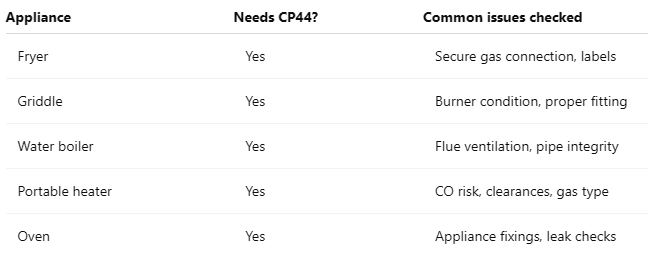
3. How to prepare for a CP44 inspection and avoid the most common fails
Good preparation can help you avoid delays and reinspection fees.
Pre inspection checklist
-
Appliance condition: Clean everything and check for wear
-
Safety labels: Make sure they are visible and legible
-
Secure equipment: Fasten appliances so they cannot shift
-
Valve access: Mark isolation valves clearly and keep them accessible
-
Clear connections: Keep pipework and gas fittings free from obstruction
Common reasons for failure
-
Unstable or poorly connected appliances
-
Obstructed or inadequate ventilation
-
Incorrect gas type for the unit
-
Safety labels missing or damaged
-
Isolation valves not easy to reach
Real world scenario: what happens when you fail
At a weekend market in Birmingham, a food stall operator had to shut down after inspectors discovered a loose connector behind their LPG oven. The oven worked, but the safety valve was hidden and unmarked. They missed two trading days waiting for reinspection.
This scenario highlights the risk to event gas check approvals and the loss of income from failed market compliance.
Is Your Certificate Still Valid?
We provide all the landlord certification you could need.
4. Who can issue a CP44 certificate and how to find a registered gas engineer
Only engineers listed on the Gas Safe Register and trained in mobile catering can issue a CP44. Not all engineers hold this qualification, so it is important to check.
How to confirm your engineer is qualified
-
Use the Gas Safe Register search tool
-
Ask for the engineer’s ID card
-
Look for CP44 or mobile catering certification
-
Confirm they have inspected mobile setups before
NCASS and Landlord Certs both list engineers qualified for CP44 inspections.
Expect to pay between £100 and £180, depending on your appliance count.
Ask these before you book
-
Are you registered for CP44 mobile catering?
-
Can I check your Gas Safe ID?
-
How soon will I get my certificate?
Differences between councils and event organisers
-
Local councils generally require proof of inspection each year
-
Event organisers may ask for a certificate valid on the day
-
Some want printed copies. Others request uploads during the application process
By planning ahead, you reduce the risk of last minute complications
Pro Tip: Rebook your inspection before your certificate expires to avoid last minute delays or trading refusals.
Book Your CP44 Gas Certificate Online
Get fully certified by a qualified Gas Safe engineer. Fast UK-wide appointments for mobile food traders.
5. After you pass: what is in your CP44 and how to stay compliant all year
After the inspection, your qualified gas inspector will issue a CP44. It includes:
-
Business name and stall location
-
Engineer’s Gas Safe number and ID
-
A list of appliances inspected
-
Safety test results and notes
How to stay compliant after your inspection
-
Keep a printed and digital copy onsite
-
Book reinspection annually or when your setup changes
-
Log appliance maintenance and part replacements
-
Notify your insurer of equipment updates
When do you need another inspection?
You must book a new CP44 if:
-
You install new appliances
-
You modify your gas layout
-
The current certificate expires
-
Your trading setup moves to a new permanent location
Authorities can revoke your trading approval or public liability coverage if your certificate is outdated
Final CP44 compliance checklist
| Item | Completed? |
| All gas appliances inspected | [ ] |
| Labels and signs visible | [ ] |
| Isolation valves marked | [ ] |
| Ventilation in place | [ ] |
| Leak test passed | [ ] |
| Engineer is Gas Safe listed | [ ] |
| Certificate stored on stall | [ ] |
Book your CP44 inspection with our Gas Safe engineers today
Make sure your food stall is ready for any inspection. Landlord Certs offers certified CP44 inspections across the UK. All work is carried out by qualified Gas Safe engineers.
You can receive your certificate within 48 hours. Book now to stay legal, insured and ready to trade.
Mini glossary of gas safety terms
-
CP44: Certificate proving gas safety in mobile catering
-
LPG: Liquefied petroleum gas, commonly used by food stalls
-
Isolation valve: Manual control used to shut off gas
-
Flueless: Appliance without an exhaust, needs more ventilation
-
Leak test: Inspection to check for gas leaks
-
Gas Safe Register: UK list of qualified gas engineers
-
Trading approval: The formal permission to trade at an event or market
-
Market compliance: Meeting local authority and event organiser safety standards
-
Event gas check: Inspection of gas safety documents and appliances by festival or council staff
